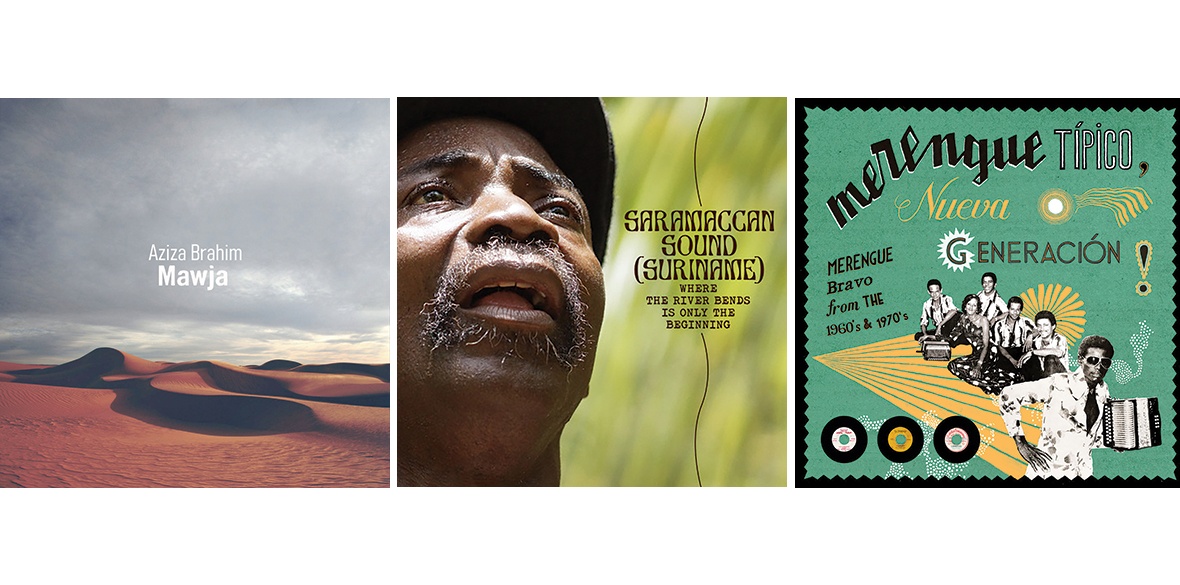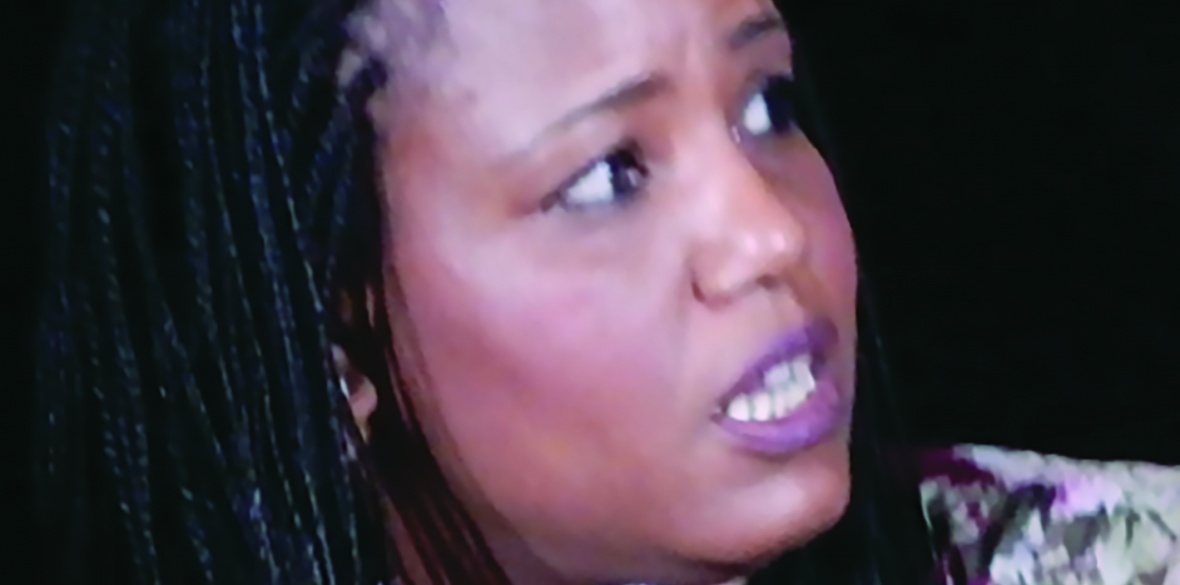This is the last article you can read this month
You can read more article this month
You can read more articles this month
Sorry your limit is up for this month
Reset on:
Please help support the Morning Star by subscribing here
WHEN her family left the war-torn and occupied Western Sahara, the family of singer and songwriter Aziza Brahim grew up in the Algerian Sahrawi refugee camps listening to FM and medium-wave radio stations.
“In the camps I discovered many artists on Sahrawi and Algerian stations including traditional Sahrawi, chaabi, rai, Tuareg and West African music, especially Ali Farka Toure, as well as Arabic music from different countries,” she told the Morning Star in an exclusive interview.
Studying in Cuba and living in Barcelona, Brahim has never forgottern the power of radio.
Mawja, the name of her new album on Glitterbeat Records, is the Hassaniya Arabic word for waves, a term her grandmother used when asking her to change stations.
Aziza said: “All my family live in refugee camps in south-west Algeria, close to the zone where there has been a war with Morocco since November 2020. This new album is a summary of the war, exile, and occupation.
“Cuban music was influential: I listened to different Cuban artists such as Pablo Milanes, Silvio Rodríguez, Grupo Moncada, Vieja Trova Santiaguera, and Edesio Alejandro.
“I discovered rock bands when I was 25, including Queen, Pink Floyd, Jimi Hendrix and the Clash. I made my drummer listen to some of my favourite Clash songs before we made the record.”
These influences can be heard on tracks such as Metal, Madera (Metal, Wood), which she says is rooted in the blues but with an inclination towards what she calls “desert punk.”
Many of the songs were inspired by her grandmother. “She was a very important poet of the Sahrawi revolution and culture, first in El Aaiun, then in refugee camps, and today in Bucraa in Algeria. Haiyu Ya Zawar is a popular Sahrawi song of resistance and struggle. I wanted to include it because it is related to my people, and the meaning of its lyrics at this time of war is evident.” Revolutionary global music and one to check out.
Also on Glitterbeat is an album of field recordings from Suriname, on the north-eastern coast of South America.
The album Where the River Bends Is Only the Beginning is from the label’s Hidden Musics series performed by Saramaccan Sound, a brother duo — Dwight Sampie and Robert Jabini — who write and perform acoustic songs sung in Saramaccan, its vocabulary based on English and Portuguese and various West and Central African languages.
The album was recorded by Ian Brennan in the Amazon region of Suriname and the lyrics reflect the tough life living in the rain forest. Brennan said: “Entering the rainforest, we rode up-river to settlements reached only by boat. We passed villages swallowed whole. Many existing towns may soon not be here, submerged down-river from the dams or drowned by the rising tides.”
Most of the songs were written by Jabini and are played on acoustic guitars with nylon strings — steel ones immediately rust. As Brennan says: “The songs sound like Merle Haggard would sound if he was raised in the Amazon rainforest instead of Bakersfield.”
Geneva-based Bongo Joe Records went crate-digging with the release of a new vinyl album Merengue Tipico: Nueva Generacion, featuring 1960s and ’70s 45s from the Dominican Republic by artists such as Rafaelito Roman, Aristides Ramirez, and Trio Roycell.
Curated by Xavier Daive (aka Funky Bompa), the compilation features rare discs issued in the years following the assassination of repressive dictator Rafael Trujillo, who led a cult-like government until 1961.
Focused on the merengue tipico dance craze, the compilation showcases high-speed rhythms and accordions and is strictly for wild dancing.










